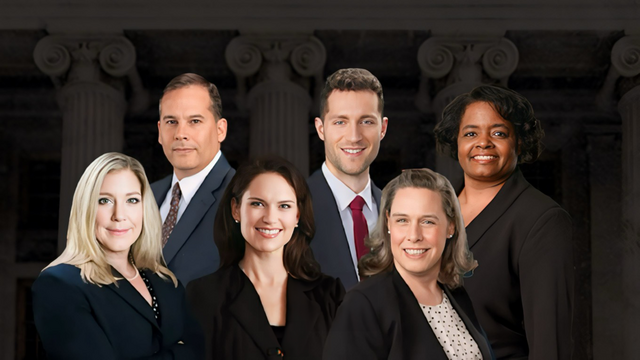Virginia Federal Criminal Cases: Arraignment Process
The most important factor a judge looks for with regards to releasing you is whether or not the government intends to hold you. If the government intends to hold you, then you are going to be held pending a detention hearing, which should be argued only by your Virginia federal criminal attorney. Your attorney will be the one who has the requisite knowledge and experience to help you receive
How a Virginia Federal Criminal Lawyer Can Help
The sooner you hire a lawyer, the sooner you are going to get out of jail. If you hire a Virginia federal criminal attorney prior to the arraignment, then the attorney can attempt to negotiate conditions of release with the government. Then at the arraignment the government attorney will notify the court that an agreement has been reached and you can be released.
Federal v. State Arraignment Process
In Virginia state courts, the arraignment is a very simple process governed by statute. In this process the judge is required to notify the person of the charges against him and the penalties that he is facing, the trial date or preliminary hearing date, and his right to an attorney. Judges in Virginia never consider releasing a person held without bond, or on a bond the person can make, at an arraignment. Many times, the prosecutors handling the arraignment docket are unfamiliar with the charges against the defendant and therefore not prepared to even negotiate on whether or not the person should be released. That is the main difference between state arraignments and federal arraignments; in federal court the prosecutors are generally up to speed on the nature of the case at every step of the process. Each case that appears in federal court is taken very seriously, which is why you need a Virginia federal criminal lawyer by your side.
Arraignments will take place in the Magistrate Court at the United States Federal Courthouse nearest to the spot where the person was arrested, or in the spot where the person is ultimately charged.
Important Things to Consider Before Pleading
There are two types of pleas which a person can enter, guilty or not guilty. Not guilty means you intend to fight the charges. Guilty means you are accepting the charges. It is generally not advisable for any person to plead guilty in any case until they have consulted with a federal criminal attorney in Virginia and that attorney has had an opportunity to negotiate with the government.
Failing to do that and just entering a plea of guilty without any negotiation and without consulting an attorney puts you in a terrible situation. You generally have no idea what kind of sentence you are facing or what your sentencing guidelines are going to look like going into the arraignment process. It is not a good idea to plead guilty to charges you aren’t even very clear on. You could be pleading guilty and conceding to very serious penalties, including long-term and devastating impact on your personal and professional life.
Plea Bargains
Plea bargains in federal court are very common. The vast majority of cases in federal court end up with a plea agreement of some kind. There are three different types of plea agreements available in federal court. One is where you simply are pleading guilty to a charge or charges by agreement with the government and then there is no agreement or recommendation as to what the sentence should be. The prosecution will simply use the sentencing guidelines and the defense will make an argument against them as it sees fit.
The second kind of plea agreement that exists in federal court is where the government makes a recommendation to the court as to what the sentence should be. The final type is where the government and the defendant come to an agreement as to the exact sentence.




